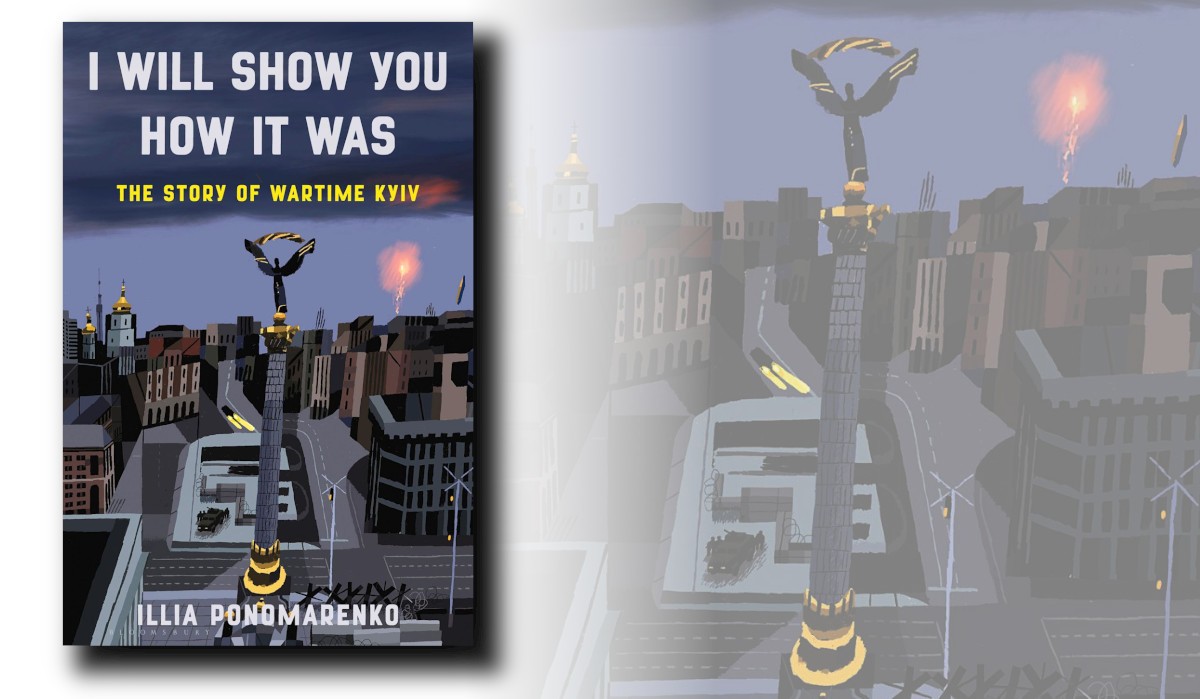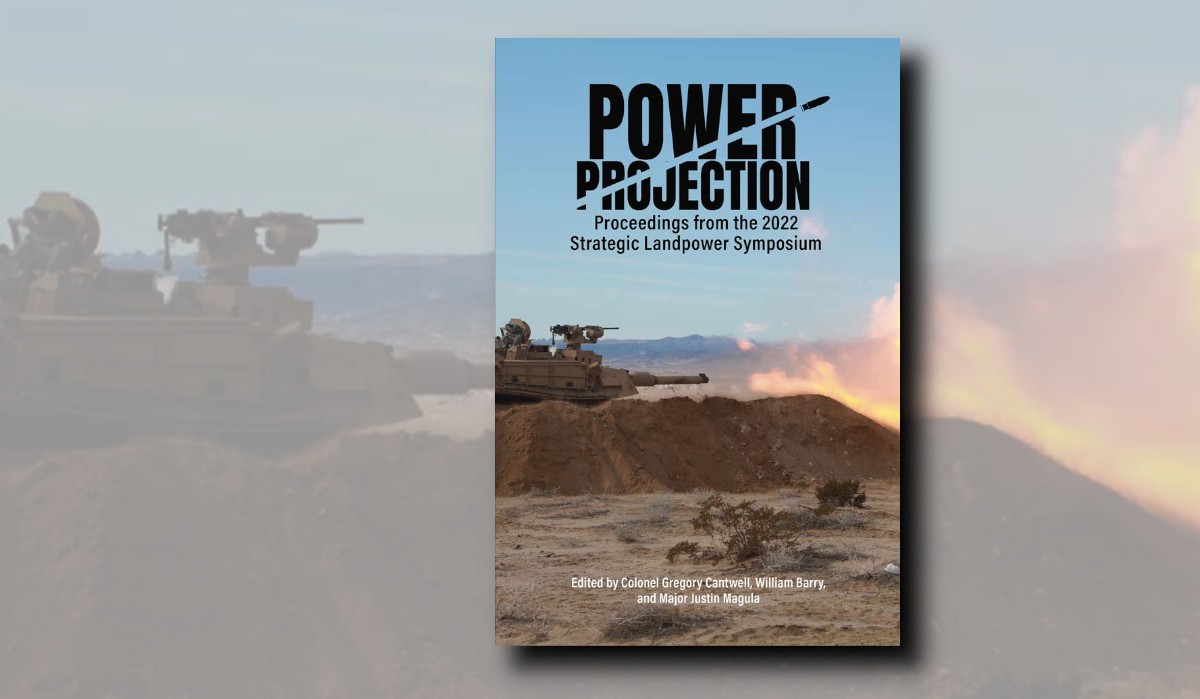The content in this article is an extract of Spotlight Brief 4/21.
Cyber Security Governance in the Indo-Pacific Policy Futures in Australia, Indonesia, and the Pacific
The University of Queensland – May 21
A regional team of experts review the strengths and weaknesses in regional cyber security governance for Australia, Indonesia and Pacific Island nations. They chart new approaches for Australian cooperation with regional partners on cyber security. While there are lessons that Indonesia and Pacific Island nations can learn from Australia, the report also highlights that these other nations have developed policy and engagement areas that Australia could pursue. This reflects the democratisation of many new, disruptive technologies. Critically, in offering scope for further, tailored, regional cooperative and building programs, this report suggests opportunities for Army to help and learn as part of a broader Australian effort.
Related:
‘Indonesia responds to the cyber dark side’, The Interpreter, 13 May 21
‘Government needs to ensure Australia’s digital sovereignty’, The Strategist, 10 May 21
‘New Australian cyber package includes AU$37.5m Indo-Pacific investment’, ZDNet, 21 Apr 21
‘Indonesian MSMEs unite on cybersecurity’, The Australian-Indonesia Centre, 23 Mar 21
‘The Future of Cyber Security in Australia’, Australian Information Security Association Cyber Conference 2021, 15 Mar 21
Integrated Review: The defence tilt to the Indo-Pacific
House of Commons Briefing Paper – May 21
The United Kingdom’s Government released its Integrated Review and associated Command Paper in March 2021. These papers outlined a ‘tilt to the Indo-Pacific’ in a signal of intent that would see the UK acting well east of the Suez for the first time in more than five decades. It highlights that the Indo-Pacific is essential for the UK’s security due to the increased number of potential flashpoints and economic strength of the region. As part of this tilt, the UK has committed to deepening ties with key allies (especially Australia), expanding its contribution to the Five Powers Defence Arrangement and increasing its maritime presence. Of particular note is the development of a hub within Canberra that oversees all British Attachés and Advisors in the region.
Related:
‘The UK tilt to the Indo-Pacific – Is it achievable?’, UK Defence Journal, 22 May 21
‘The Good, Bad and Ugly – The British Army and the Integrated Review’, The Wavell Room, 09 Apr 21
‘What does the UK’s integrated review mean for the Indo-Pacific?’, The Strategist, 23 Mar 21
‘3 Indo-Pacific Takeaways From the UK ‘Integrated Review’’, The Diplomat, 17 Mar 21
‘Global Britain in a Competitive Age: the Integrated Review of Security, Defence, Development and Foreign Policy’, UK Government, 16 Mar 21
Indo-Pacific strategies, perceptions and partnerships
Chatham House – Mar 21
As the Indo-Pacific grows in strategic importance, especially economically, countries worldwide are developing new policies to take advantage of or counter these conditions. Many countries have had their policies degraded or crippled because they developed their plans internally with a lack of understanding of what partners are doing or thinking. Unfortunately, this lack of understanding undermines cooperation, collaboration and coordination where there are shared objectives. In this excellent report, Cleo Paskal tackles this problem, looking at six key nations (the US, the UK, France, India, Tonga and Japan) and summarising their perspectives and insights.
Related:
‘Keeping Strategic Anxieties at Bay: Growing Japan-Vietnam Bonhomie’, The Diplomat, 04 Jun 21
‘Assessing the Trend of the Indo-Pacific Strategy’, Modern Diplomacy, 03 Jun 21
‘Development lessons for the security agenda’, Asia & the Pacific Policy Society, 14 Apr 21
‘France: A Bridge between Europe and the Indo-Pacific?’, Center for Strategic and International Studies, 01 Apr 21
‘Indo-Pacific views from Tokyo to Tonga’, The Strategist, 29 Mar 21
Is Myanmar Headed for Collapse or Revolution?
Center for Strategic and International Studies – May 21
The security situation within Myanmar has been steadily degrading since the military coup on 01 Feb 21. Stiffening resistance from those linked with the National Unity Government (NUG) and key rebel groups based in different ethnicities has challenged the governing junta. This report also highlights how ASEAN has released a Five-Point Consensus condemning the coups in April, but due to the principle of non-intervention in the domestic politics of its members, has otherwise avoided intervening. This excellent situational report continues with another three critical questions about the situation in Myanmar:
- what is happening on the ground?
- how much support does the NUG have?
- what options does the US have in reacting?
Related:
‘Beyond the Coup in Myanmar: The Emerging New Politics of Gen Z’, Just Security, 03 Jun 21
‘Myanmar: In the Throes of a Revolution?’, Centre for Policy Research, 31 May 21
‘Why Myanmar’s civil war won’t be like Syria’s’, Asia Times, 23 May 21
‘Myanmar: The small embattled town that stood up to the army’, BBC News, 22 May 21
‘How Myanmar's Civil Disobedience Movement Is Pushing Back Against the Coup’, VOA News¸27 Feb 21



